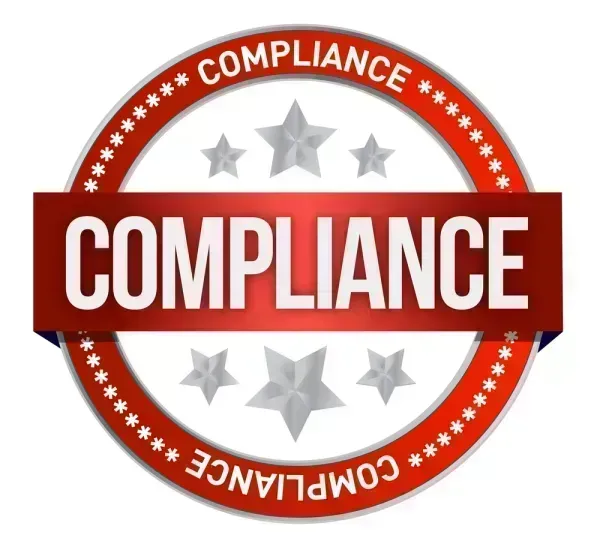New Rule Stops Fraud Before Enrollment

Tip: Check into your partners’ business dealings to avoid problems. The feds continue to send Medicare providers mixed messages. On one hand, deregulation continues to reshape federal healthcare and offer Part B practices’ relief for overwhelming administrative burdens. On the other hand, enforcement agencies like the HHS Office of the Inspector General are on a roll, levying bigger takedowns with bigger fines and more prison time for offenders. And that’s why you can’t be lax on any of your compliance protocols from the get-go. Here’s why: A recent Centers for Medicare & Medicaid Services (CMS) policy change aims to stop fraudsters and their associates upfront — whether they are involved currently in schemes or have been in the past. CMS wants to nip corruption in the bud with a new rule that covers guilt-by-association. “For too many years, we have played an expensive and inefficient game of ‘whack-a-mole’ with criminals — going after them one at a time — as they steal from our programs,” says Seema Verma, CMS administrator. “These fraudsters temporarily disappear into complex, hard-to-track webs of criminal entities, and then re-emerge under different corporate names.” Medicare Provider Enrollment Will Be Stricter Under New Rule The Program Integrity Enhancements to the Provider Enrollment Process final rule was published in the Federal Register on Sept. 10 and targets organization owners as well as providers and suppliers. Affiliated owners, who have previously escaped enforcement and exclusion, are now vulnerable to scrutiny as CMS aims to close up that loophole. “The new rule is intended [to] prevent bad actors from circumventing Medicare requirements by using elaborate, inter-provider relationships, or through name and identity changes,” explain Atlanta-based partner attorneys Jessica Tobin Grozine and Hedy Silver Rubinger with Arnall Golden Gregory LLP in online legal analysis. Plus: “CMS will have authority to deny or revoke a provider’s or supplier’s Medicare enrollment in certain specified circumstances. These new enforcement authorities will work hand-in-hand with current change of ownership requirements to give CMS greater authority to deny or revoke enrollment,” warn Grozine and Rubinger. See the New Rule Highlights The rule hopes to save taxpayers millions “by stopping fraudsters before they get paid,” maintains the CMS fact sheet. And according to the agency, the best way to do that is to investigate providers’ and suppliers’ past business relationships, finances, and patient interactions. Consider these top five takeaways from the rule: 1. List affiliations with all providers and suppliers. Medicare providers and suppliers will now need to list on their enrollment applications all affiliations with other providers and suppliers who are currently in debt and/or are suspended, have their rights revoked, and are excluded from federal healthcare programs. 2. Investigate past actions and behaviors. CMS extends revocation authority to look beyond a provider’s enrollment location and scrutinize more deeply past abusive and negligent behavior in all areas of Medicare. 3. Bar enrollment for lying on application for up to 3 years. If a provider or supplier misleads or lies on an enrollment application, CMS will prohibit enrollment for up to three years. 4. Change enrollment ban from 3 to 10 years after revocation. Originally, CMS could block enrollees for only three years, but the rule allows the agency to “now block providers and suppliers who are revoked from re-entering the Medicare program for up to 10 years,” says a fact sheet on the rule. 5. Look at debts. CMS can now automatically revoke or deny if the provider/supplier hasn’t paid back a debt to the Treasury Department for “For the first time, we have tools to stop criminals before they can steal from taxpayers,” Verma warns. “This is CMS hardening the target for criminals and locking the door to the vault. If you’re a bad actor you can never get into the program, and you can’t steal from it.” The final rule restrictions go into effect on Nov. 4, 2019. See the rule at www.federalregister.gov/documents/2019/09/10/2019-19208/medicare-medicaid-and-childrens-health-insurance-programs-program-integrity-enhancements-to-the.
a Medicare overpayment.




